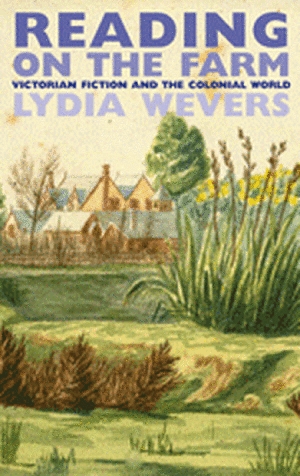Victoria University Press
These three new poetry collections are works by established poets at the top of their game in terms of poetic craft and the honing of insights into both life and art. These are voices developed across a significant number of previous collections, allowing for an emergence of innovation, confidence, and ease of style and mood.
... (read more)Joan Fleming reviews Short Poems of New Zealand edited by Jenny Bornholdt
A new anthology of bite-sized New Zealand poems is freshly out from Victoria University Press. VUP is the Wellington-based publisher closely associated with the University’s renowned creative writing school, known affectionately (or pejoratively, depending on your affiliation) as ‘The Bill Manhire School’ ...
... (read more)Paul Hetherington reviews 'Some Things to Place in a Coffin' by Bill Manhire
Poetry books that focus on memory, recuperation, and loss are common, but it is rare to find poems that speak about such matters as sparely and eloquently as these do. Bill Manhire’s new poems are bony and sinewy, resonating with an awareness of public and personal grief. Although these works often speak by indirection, many of them pack a real punch. As Manhire p ...
Deirdre Coleman reviews 'Reading on the Farm: Victorian Fiction and the Colonial World' by Lydia Wevers
At the centre of Reading on the Farm stands a large colonial library of just over 2000 volumes. The library belonged to Brancepeth Farm, a sheep station in the Wairarapa Valley of New Zealand, which, at its height in the late 1890s, employed more than three hundred staff. Brancepeth’s library, consisting principally of contemporary Victorian fiction, about half of it written by women, was considered by its users to be one of the best station libraries in its day, certainly superior to the publicly funded library at Masterton, the nearest town. Remarkably, Brancepeth’s library was never dispersed or culled but has survived intact, gifted in 1966 to Victoria University of Wellington by the Beetham family. The literary and artistic Beethams emigrated from England in the 1850s and became some of New Zealand’s greatest ‘sheeplords’ in the late nineteenth century.
... (read more)


